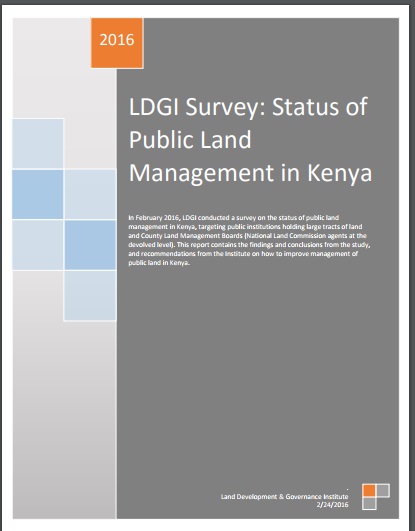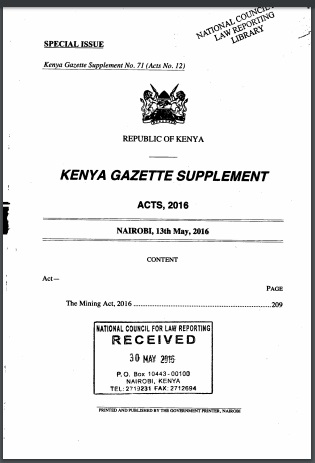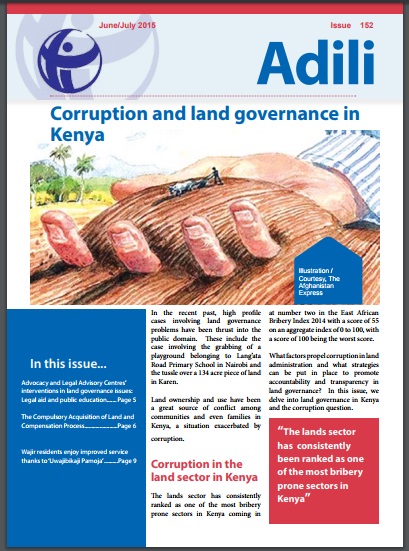Good Practice Guidelines for Agricultural Leasing Arrangements
Arrendamiento de tierras agrícolas
Esta guía sobre Arrendamiento de tierras agrícolas está diseñada para ofrecer información sobre los mecanismos de arrendamiento y hacerlo en un formato que pueda ser utilizado por las organizaciones de base que trabajan con pequeños agricultores y otros miembros de las comunidades rurales. Los mecanismos de arrendamiento equitativos y seguros que compaginan los intereses del arrendatario y los del propietario de la tierra pueden favorecer el acceso a la tierra de cultivo, mejorar la producción agrícola y facilitar el acceso a los alimentos.
Gender and access to land
This guide on Gender and access to land has been prepared to support land administrators in governments and their counterparts in civil society who are involved in land access and land administration questions in rural development. It is frequently the case that gender issues are left out or misunderstood in such situations, often with negative results. This guide is designed to show where and why gender inclusion is important in projects and programmes that aim at improving land tenure and land administration arrangements.
Гендер и доступ к земле
Это руководство по гендерным вопросам и доступа к земле, был подготовлен для поддержки земельных администраторов в правительств и их партнерами в гражданском обществе, которые участвуют в обеспечении доступа земель и управления земельными ресурсами вопросы развития сельских районов. Часто бывает так, что гендерные вопросы опущены или неправильно в таких ситуациях, часто с отрицательными результатами.
Réforme Agraire: Colonisation et coopératives agricoles 2002/1
Land and land reform cover a great range, both in terms of the geographical and development status of the countries considered, and of the variety of perspectives on the issues. The articles in this issue of Land Reform, Land Resettlement and Cooperatives reflect this breadth in a variety of ways. The articles range geographically from the paper addressing land and agrarian reform in Colombia, by Professor Darío Fajardo, to a consideration of the land reforms currently under way in Scotland, by Douglas Macmillan, Ken Thomson and Bill Slee.
LDGI Survey
Public land is a resource that should be effectively managed in the public’s best interest in line with provisions of the Constitutions of Kenya and the Land Act. The management framework governing land use and development decisions on public land should ensure protection and sustainable management of the land. Despite these provisions in law, recent media reports point toresurgenceof public land grab. The Land Development and Governance Institute commissioned this research study to establish the status of the public land management in Kenya.
The Mining Act 2016
THE MINING ACT No. 12 of 2016
Date of Assent: 6th May, 2016
Date of Commencement: 27th May, 2016
The Energy Act, 2015.
A Bill for AN ACT of Parliament to consolidate the laws relating to energy, to provide for National and County Government functions in relation to energy,to provide for the establishment, powers and functions of the energy sector entities; promotion of renewable energy; exploration, recovery and commercial utilization of geothermal energy; regulation of midstream and downstream petroleum and coal activities; regulation, production, supply and use of electricity and other energy forms; and for connected purposes.
Corruption and land governance in Kenya
In the recent past, high profile cases involving land governance problems have been thrust into the public domain. These include the case involving the grabbing of a playground belonging to Lang’ata Road Primary School in Nairobi and the tussle over a 134 acre piece of land in Karen. Land ownership and use have been a great source of conflict among communities and even families in Kenya, a situation exacerbated by corruption.
Land market and e-services in Bulgaria
Bulgaria faced and still is facing many challenges in the accession process to the EU. Free movement of capital, and especially the development of the land market, is one of them. Although a progress has been made, land prices are still below the EU average prices. There are different reasons for this as, for example, very fragmented land after the restitution process, chaotic transactions, lack of bank credits for agricultural purposes, unrealistic expectations after the accession to the EU and others.





